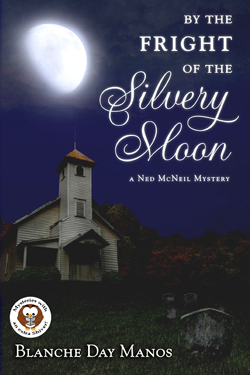As much as I’d like to sometimes close out all political rhetoric, it’s just about impossible to do. The thing that bothers me most about what I read and what I hear is the habit of reporters to editorialize. By editorializing, I mean to express an opinion or make a comment. We need to be able to discern when this is happening. And, what is discernment? It’s the ability to judge well and recognize when something is not a fact but an opinion. Take for example, this phrase, “his hateful rhetoric”. Watch that little adjective–why was it added? Perhaps it seemed hateful to the reporter and he’d like for the reader to feel that it was hateful too. What would be wrong in just stating, “his rhetoric”?
In journalism classes in school, I was taught that a good reporter reports only the facts. Editorializing belongs on the Editor’s page. But, what a long way we’ve come from that. When did it change?
Words pack a punch. Words matter. They can change minds, sway opinions, make bad sound good and good sound bad. Listen to them! Hear the adjectives. Hear the nuances. Watch reporters’ faces and listen to the tone of their voice.
Words inflame, cause riots, appeal to sympathy. They can also calm troubled waters, promote peace, and encourage understanding. So, please listen to watch you’re hearing. Is it a partial clip of an event, cut to illustrate a particular point? In a quote, have words been omitted that changed the meaning of the entire sentence? Who are the people we are listening to and watching? What is their objective? Do they report the news or are they out to sway opinions?
It’s fun to listen critically. Let’s not be so malleable that we accept the reporters’ opinions as our own. We need to think as we listen. Hear those adjectives. Just the facts is what a reporter needs to report. It’s up to the hearer to take those facts, and discern what they mean in the light of other happenings. And, since reporters are prone to expressing opinions, we need to be discerning enough to sift through and try to determine what is actually being said.









Good point! I think the news people needed a way to make the news more “exciting!” in order to attract more viewers than their competitors, so they threw in the adjective and skewed the facts. And it’s kept escalating to an extreme level now, when we need facts more than ever. I wonder what Cronkite, Brinkley, and Reasoner would think about today’s news. All I can say is “Good night, and good luck.” Thanks, Blanche.
I’ve wondered that too about some of the past news anchors. I always admired Paul Harvey, although to my knowledge, he wasn’t an anchor. Anyway, we do need people with no axe to grind and who’ll just report facts and leave the editorializing and drawing conclusions up to the listeners.
Thanks for writing, Kimberly.
So true. It’s almost impossible to hear objective news reports. What some say is true is only their opinion. Yes, I remember Paul Harvey also.